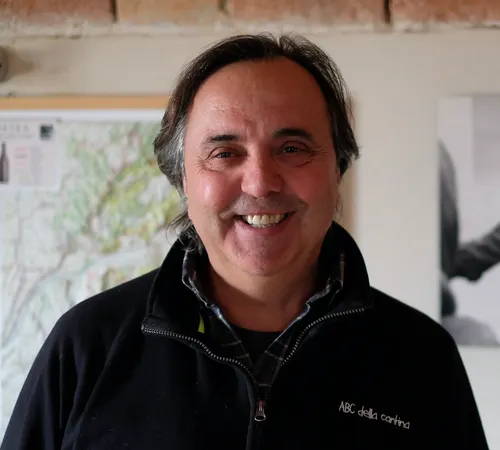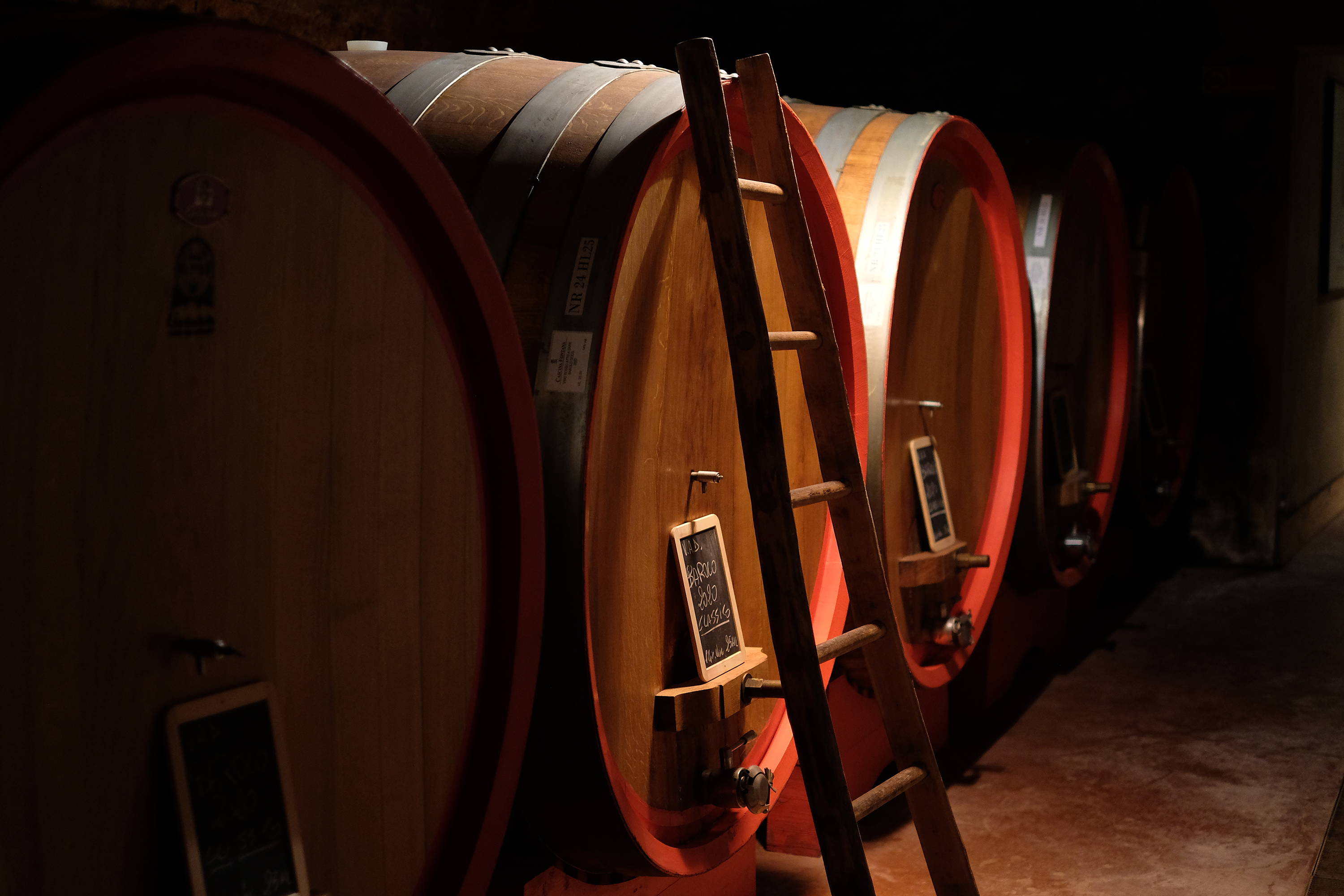CASCINA FONTANA
Mario Fontana
Cascina Fontana is an esteemed family-owned estate with a rich history, situated in the charming village of Perno. It is perfectly nestled within the renowned Barolo wine region, near the captivating towns of Monforte d'Alba. For six generations, the Fontana family has dedicated themselves to the cultivation of grapes and the art of winemaking in this picturesque location.
Mario and Luisa Fontana are the proud owners of 5 hectares (approximately 12.5 acres) of estate vineyards, exclusively dedicated to cultivating the classic grape varieties of Langhe: Dolcetto, Barbera, and Nebbiolo. These vineyards are strategically located in the finest production zones within the communes of Castiglione Falletto (vigna Valletti, cru Mariondino, vigna Villero/cru Villero, and vigna del Pozzo), La Morra (vigna Gallinotto/cru Giachini), and Sinio (vigna del Castello).


Cascina Fontana is an esteemed family-owned estate with a rich history, situated in the charming village of Perno. It is perfectly nestled within the renowned Barolo wine region, near the captivating towns of Monforte d'Alba. For six generations, the Fontana family has dedicated themselves to the cultivation of grapes and the art of winemaking in this picturesque location.
Mario and Luisa Fontana are the proud owners of 5 hectares (approximately 12.5 acres) of estate vineyards, exclusively dedicated to cultivating the classic grape varieties of Langhe: Dolcetto, Barbera, and Nebbiolo. These vineyards are strategically located in the finest production zones within the communes of Castiglione Falletto (vigna Valletti, cru Mariondino, vigna Villero/cru Villero, and vigna del Pozzo), La Morra (vigna Gallinotto/cru Giachini), and Sinio (vigna del Castello).

Mario's winemaking approach is firmly rooted in the techniques passed down from his grandfather, Saverio, while incorporating modern equipment. Once the grapes reach the cellar, they are destemmed and gently crushed, allowing the juice to flow. The crushed grapes are then transferred to stainless steel vats, where fermentation starts naturally. The indigenous yeast present on the grape skins begins to feed on the sugar, initiating the fermentation process.
The duration of fermentation varies depending on the specific grape variety. Generally, wines intended for longer maturation undergo a slower and more prolonged fermentation process, allowing for the optimal extraction of tannins and other natural components necessary for ageing in large casks (botte) and, ultimately, bottles.
At Cascina Fontana, the Fontana family maintains a wholly traditional approach, honouring and embracing Langhe's culture, traditions, and history. Their commitment to preserving these values is reflected in the meticulous care they devote to their vineyards and the craftsmanship they employ in winemaking.

Dolcetto, being the earliest harvested grape, typically undergoes a relatively short fermentation period of approximately six to seven days, resulting in a wine that is ready to be enjoyed during the summer following the harvest. For Barbera grapes, the fermentation process typically lasts around ten to twelve days. In the case of Nebbiolo grapes used for producing Langhe Nebbiolo wines, fermentation extends for a minimum of fifteen days, while for Barolo production, it can even extend up to forty days.
Following the completion of fermentation, Dolcetto wine continues to mature in stainless steel vats, allowing its flavours to develop further.
Barbera and Langhe Nebbiolo undergo maturation in a combination of large botte and used 225-litre barrique barrels for a duration of one year. Nebbiolo grapes intended for Barolo production are aged in large Slavonian oak casks for at least two years. Subsequently, the wine is blended and further aged in cement vats for another year. After bottling, all the wines continue to age for an additional six months before being released.
Dolcetto, being the earliest harvested grape, typically undergoes a relatively short fermentation period of approximately six to seven days, resulting in a wine that is ready to be enjoyed during the summer following the harvest. For Barbera grapes, the fermentation process typically lasts around ten to twelve days. In the case of Nebbiolo grapes used for producing Langhe Nebbiolo wines, fermentation extends for a minimum of fifteen days, while for Barolo production, it can even extend up to forty days.
Following the completion of fermentation, Dolcetto wine continues to mature in stainless steel vats, allowing its flavours to develop further.
Barbera and Langhe Nebbiolo undergo maturation in a combination of large botte and used 225-litre barrique barrels for a duration of one year. Nebbiolo grapes intended for Barolo production are aged in large Slavonian oak casks for at least two years. Subsequently, the wine is blended and further aged in cement vats for another year. After bottling, all the wines continue to age for an additional six months before being released.

REGION OF PRODUCTION
Piedmont - Italy
APPELLATION
Barolo, Langhe Nebbiolo, Barbera d'Alba
FOUNDED
1995
VINEYARD
5 hectares
CLIMATE
Mediterranean climate
SOIL COMPOSITION
Tortonian soil (clay, sand, limestone)
VARIETIES GROWN
Barbera, Nebbiolo, Dolcetto
AGRICULTURE
Organic
























